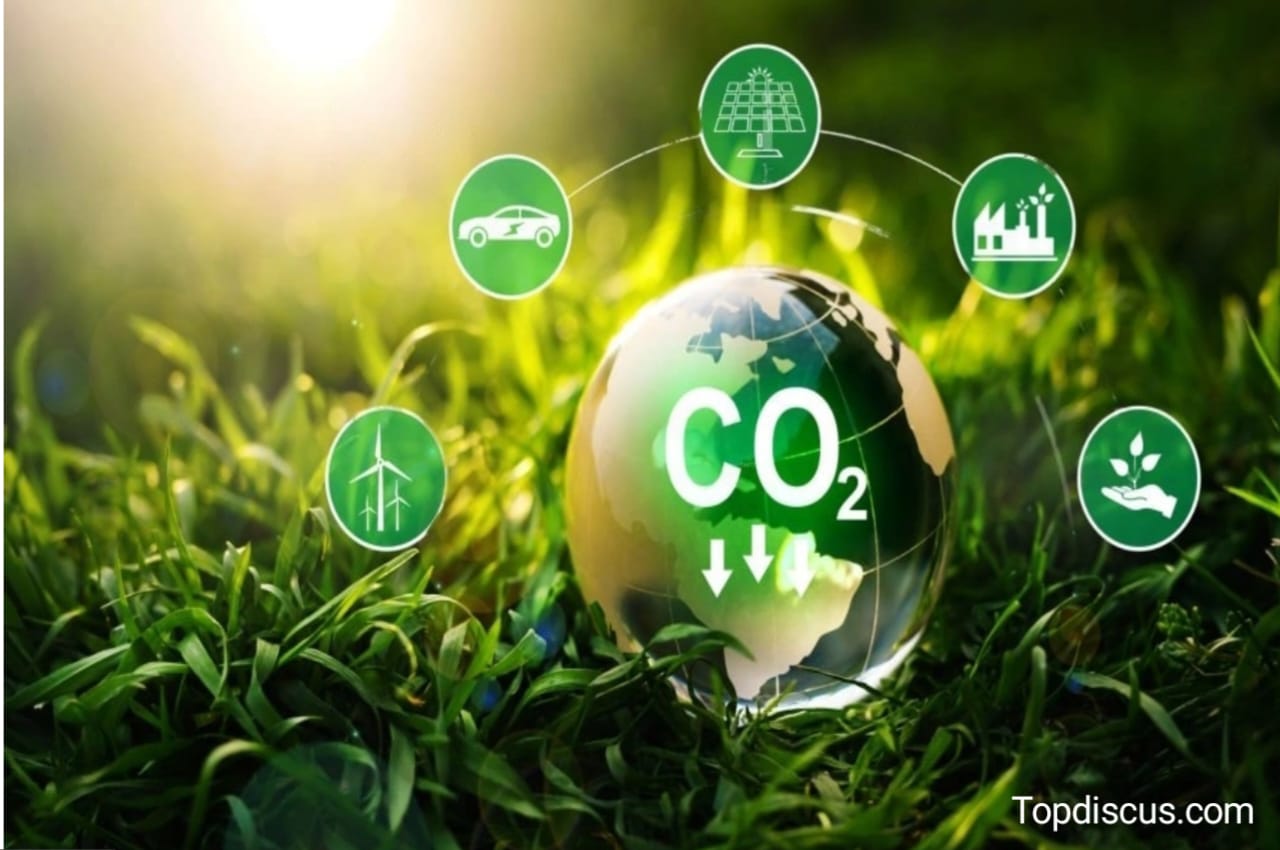In this comprehensive guide, we’ll dive deep into the top 5 actionable ways to reduce pollution that eco-conscious consumers can take to reduce pollution and make a tangible difference in the world. As concerns over climate change and environmental health continue to grow, more people are seeking out ways to positively impact the planet. Among the many areas of focus, pollution reduction is a critical aspect that can be directly influenced by individual actions.
Introduction:
With air, water, and soil pollution affecting the very foundation of life, the need for a global green revolution has never been more pressing. Pollution isn’t just an environmental issue; it’s a public health crisis that demands a collective response.
You might be thinking, “What can I do to help?” The good news is that there’s a lot you can do—right from where you are. This post is a roadmap for individuals looking to become part of the solution. By taking these steps, you’ll not only be reducing pollution but also inspiring others to do the same.
Let’s break down these top 5 actionable ways to reduce pollution.
-
Reduce Vehicle Emissions
-
Conserve Energy
-
Minimize Single-Use Plastics
-
Support Renewable Energy
-
Practice Sustainable Consumption
1. Reduce Vehicle Emissions:
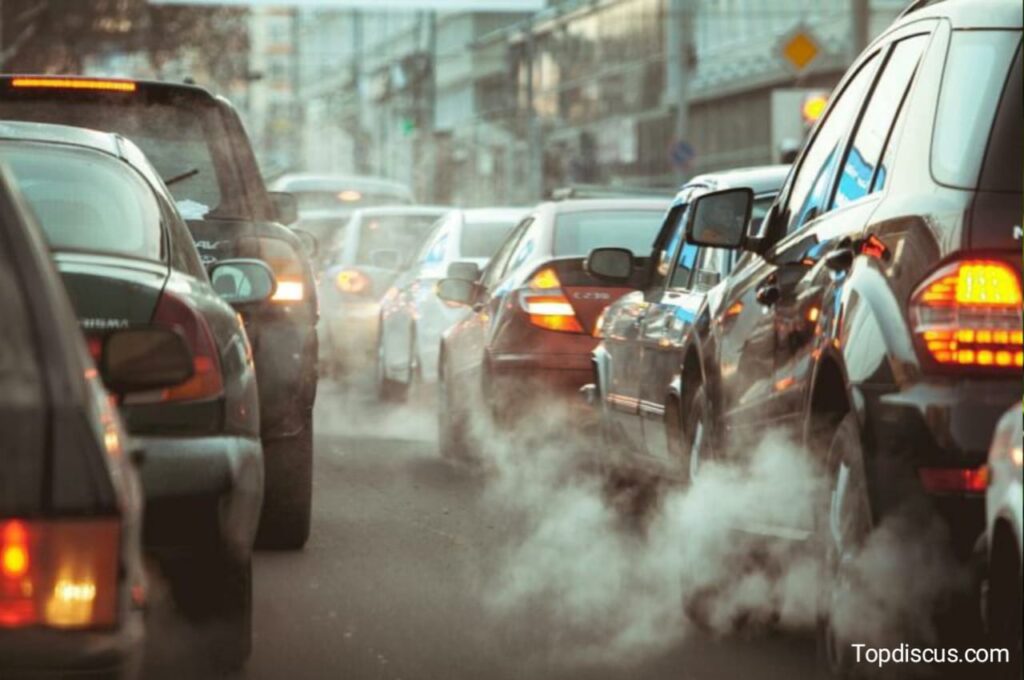 Single-handedly, vehicles are one of the largest contributors to air pollution. By cutting down on your car usage and making smarter driving choices, you can significantly reduce pollution and your carbon footprint.
Single-handedly, vehicles are one of the largest contributors to air pollution. By cutting down on your car usage and making smarter driving choices, you can significantly reduce pollution and your carbon footprint.
Carpool and Use Public Transportation
Sharing car rides through carpooling or using public transit decreases the number of cars on the road, thereby reducing traffic congestion and emissions. If public transport isn’t an option, see if you can find a coworker or neighbor to share a ride, especially for longer distances.
Choose Electric or Hybrid Vehicles
Consider making the switch to an electric or hybrid vehicle. These cars have a much smaller environmental impact due to their lower or zero emissions. If a new vehicle isn’t in your immediate future, explore the possibility of converting your existing car to an electric or hybrid model.
Maintain Your Vehicle
Regular maintenance such as getting tune-ups, changing filters, and checking tire pressure is essential. A well-maintained vehicle runs more efficiently, which means it burns less fuel and produces fewer pollutants.
2. Conserve Energy:
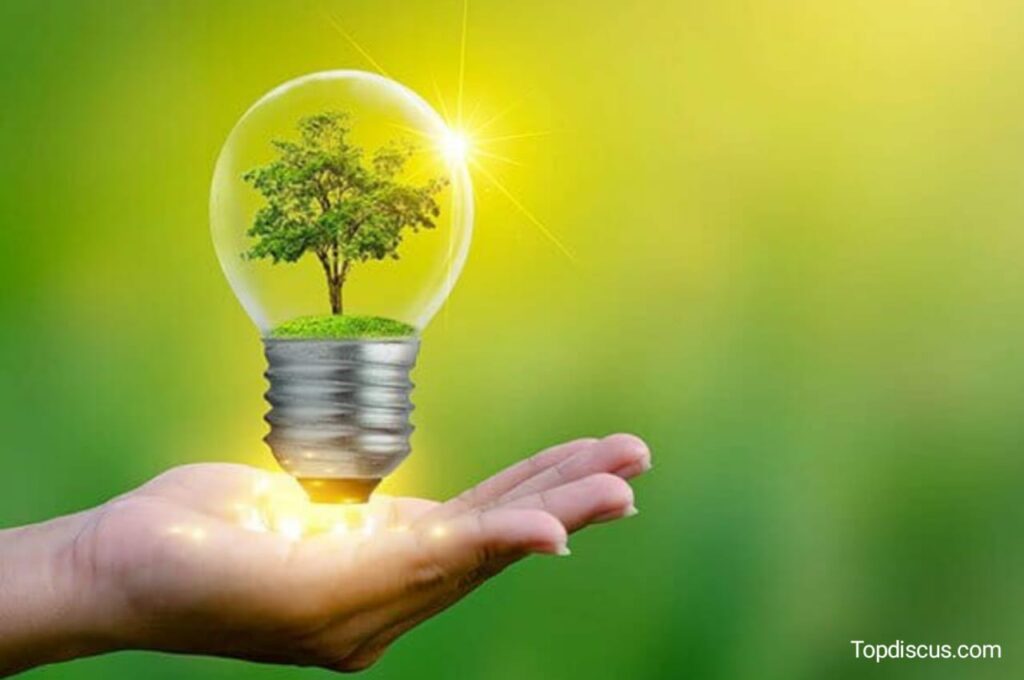 From our homes to our workspaces, energy conservation is a critical piece in the fight against pollution. The generation and consumption of energy come with various environmental costs, from the extraction of fossil fuels to their combustion.
From our homes to our workspaces, energy conservation is a critical piece in the fight against pollution. The generation and consumption of energy come with various environmental costs, from the extraction of fossil fuels to their combustion.
Upgrade to Energy-Efficient Appliances
Look for the ENERGY STAR label when purchasing new household appliances. These appliances have been certified to use less energy, which translates to lower electricity bills and a reduction in air and water pollution.
Use LED Lighting
LED bulbs are more energy-efficient than traditional incandescent bulbs. They use about 50% less electricity and last up to 25 times longer, significantly reducing the carbon footprint associated with lighting.
Turn Off and Unplug Electronics
Even when appliances and electronics are switched off, they can still draw power. This ‘vampire power’ is unnecessary and easily preventable by unplugging devices when not in use.
3. Minimize Single-Use Plastics:
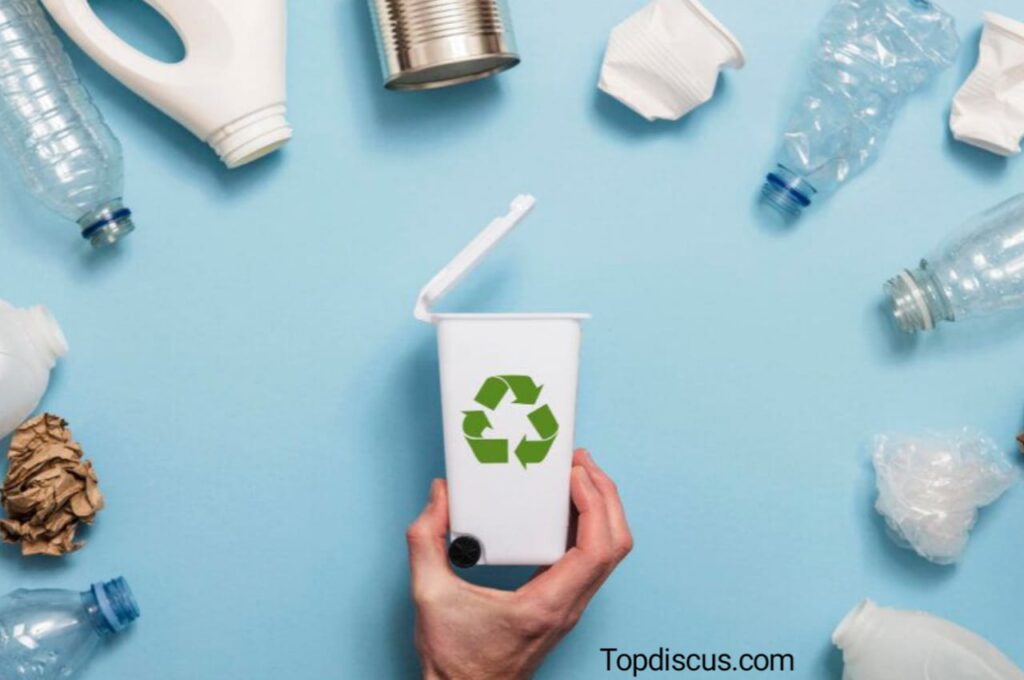 The impact of single-use plastics on our environment is overwhelming. These items are a leading cause of ocean pollution and contribute to the destruction of marine ecosystems.
The impact of single-use plastics on our environment is overwhelming. These items are a leading cause of ocean pollution and contribute to the destruction of marine ecosystems.
Use Reusable Bags and Water Bottles
Opt for reusable bags when shopping and keep a refillable water bottle handy. By doing so, you’ll avoid adding to the staggering amount of plastic waste that litter our earth and waterways.
Eschew Plastic Straws
Say no to plastic straws. If you need a straw, consider using a paper, metal, or bamboo alternative that can be reused or biodegraded more quickly.
Pack a Zero-Waste Kit
Create a ‘Zero-Waste Kit’ that includes reusable containers, utensils, and straws. Store this kit in your bag or car for unexpected scenarios, like impromptu takeout or to-go orders.
4. Support Renewable Energy:
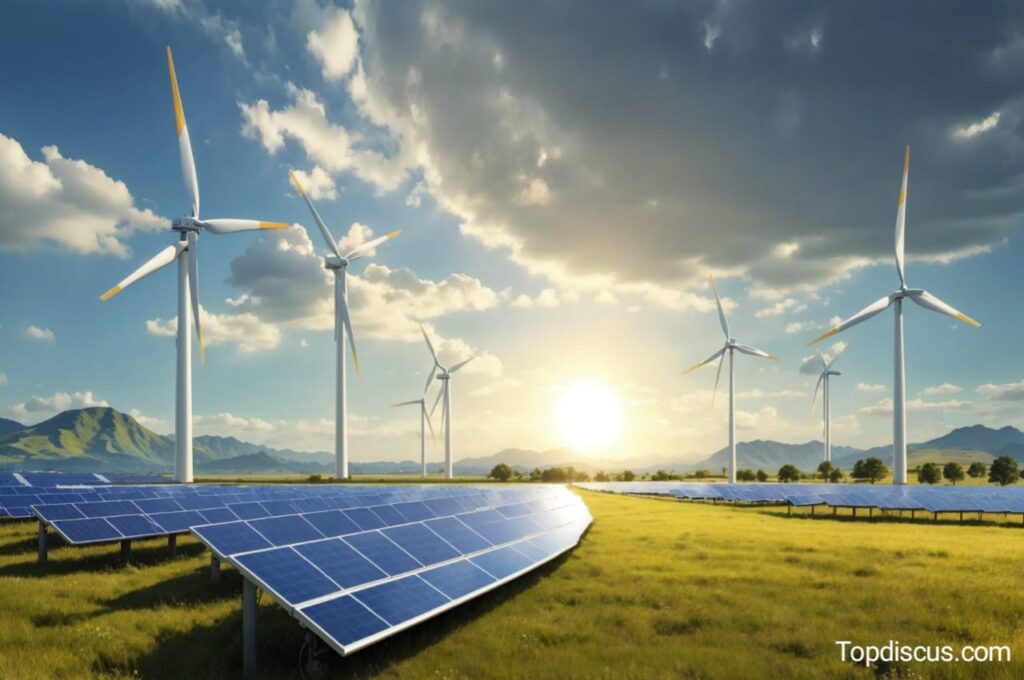 Renewable energy sources like solar and wind power are critical in the race to cut pollution. By supporting these technologies, you can help accelerate the transition to a cleaner energy economy.
Renewable energy sources like solar and wind power are critical in the race to cut pollution. By supporting these technologies, you can help accelerate the transition to a cleaner energy economy.
Invest in Solar Panels or Green Energy Plans
Consider installing solar panels on your home to take advantage of clean, renewable energy. If that’s not feasible, look into options for your electricity provider that include green energy plans, where a percentage of your energy comes from renewable sources.
Advocate for Clean Energy Policies
Get involved in your local community and support policies that promote the expansion of renewable energy. Whether it’s signing a petition, writing to your elected officials, or participating in environmental activism, your voice and actions can help shape a greener future.
Be Energy-Aware to Reduce Pollution
Simple practices at home, such as adjusting your thermostat, using energy-efficient light bulbs, and turning off lights, can have a significant cumulative impact. Be mindful of your energy consumption and look for ways to reduce it wherever possible.
“Click Here For More Information”
5. Practice Sustainable Consumption:
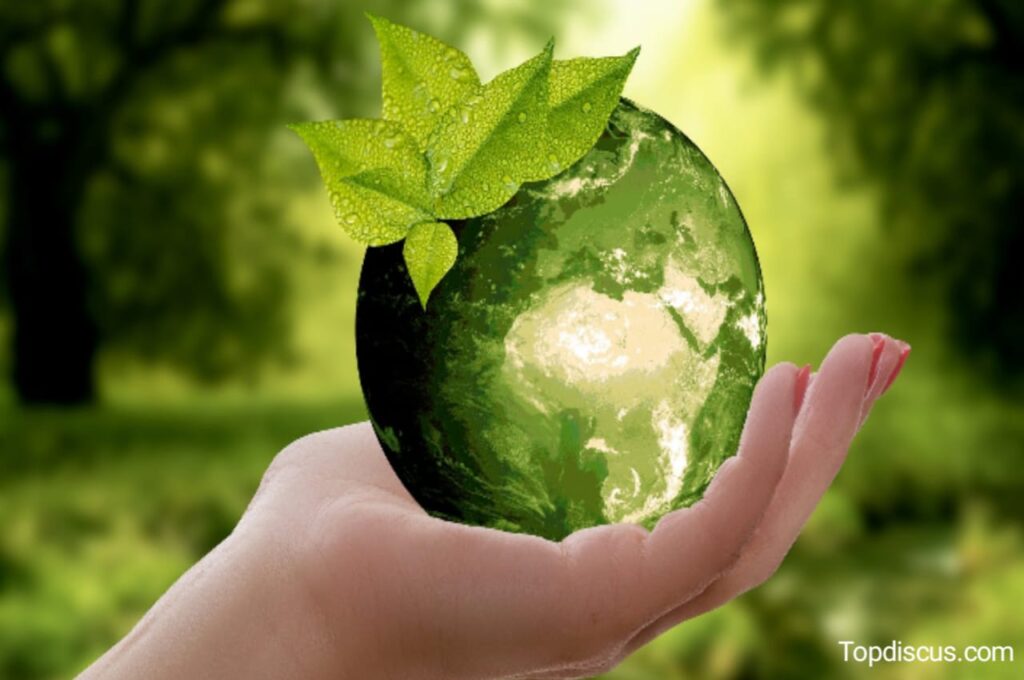 Conscious consumption is about making purchases with an understanding of the environmental and social impact of your products.
Conscious consumption is about making purchases with an understanding of the environmental and social impact of your products.
Buy Local and Organic
Support local farmers and businesses by purchasing locally grown and made products. Eating local reduces the energy required to transport food long distances and often results in fresher, more nutritious items.
Reduce Food Waste
Plan your meals, and store food properly to prevent spoilage and compost scraps. By reducing the amount of food that ends up in the landfill, you’ll help cut down on the methane emissions that food waste produces.
Recycle and Reuse
Make sure to separate your recyclables and learn what materials can and can’t be recycled in your area. Upcycling and repurposing items also contribute to a circular economy that minimizes waste.
“Click Here To Visit Our Homepage”
Conclusion:
Each of these five strategies represents a starting point. As you integrate them into your lifestyle, remember that your actions, when combined with those of others, create a powerful force for positive change.
Pollution is not a problem with a single solution, but rather a web of interconnected challenges that requires a multi-faceted approach. By educating yourself, making smart choices, and advocating for environmental policies, you can play an essential role in the quest for a cleaner, healthier planet.
The time for action is now. Let’s reduce pollution and leave behind a legacy of environmental stewardship for future generations.
